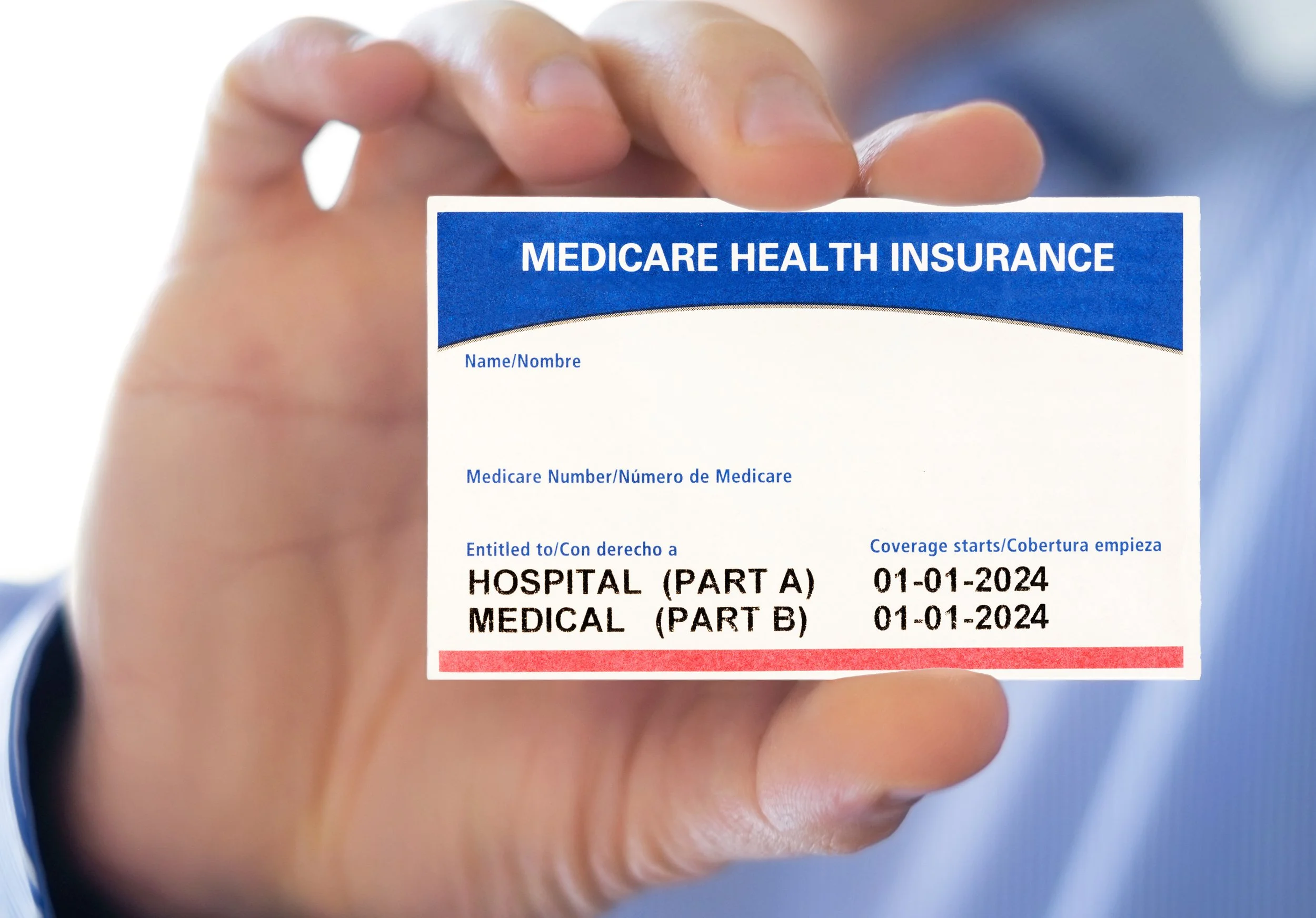Medicare Card Reissuance: What Providers Need to Know About System Breaches and Claim Denials
In recent months, healthcare providers across the country have noticed a significant uptick in Medicare beneficiaries receiving new Medicare cards with updated Medicare Beneficiary Identifiers (MBIs). This wave of reissuances stems directly from several data breaches affecting Medicare systems and their contractors.
In January 2025, Medicare resources reported that beneficiaries are receiving notifications about potential data exposure, with many wondering how to determine if their information was affected. This follows a pattern of security incidents that have prompted Medicare to issue new identification cards as a protective measure.
One of the most significant breaches occurred in July 2024, when Wisconsin Physicians Service Insurance Corporation (WPS), a Medicare contractor that handles Part A/B claims, reported a cybersecurity incident. Following this breach, the Centers for Medicare & Medicaid Services (CMS) began mailing new Medicare cards to approximately 946,801 beneficiaries whose personal information may have been compromised.
This isn't the first time Medicare has had to reissue cards following data breaches. In previous incidents, new cards were issued to hundreds of thousands of beneficiaries, highlighting the ongoing cybersecurity challenges faced by healthcare systems.
Understanding Claim Denial Code 16
As providers navigate this transition period with reissued Medicare cards, many are experiencing an increase in claim denials – particularly with code 16. This code, which indicates that a "Claim/service lacks information or has submission/billing error(s)," has become one of the most common denial reasons providers encounter.
Denial code 16 is particularly frustrating because of its broad nature. It essentially means that something is missing or incorrect in the claim submission that prevents proper processing. However, this code never appears alone – it must be accompanied by at least one Remittance Advice Remark Code (RARC) that provides more specific information about what's missing or incorrect.
With the recent wave of Medicare card reissuances, claim denial code 16 is frequently appearing when:
Claims contain outdated Medicare Beneficiary Identifiers (MBIs)
Patient information doesn't match what's on the new Medicare card
Provider information is missing or incorrect
Required documentation for specific services is absent
Common Causes of Code 16 Denials During Card Transitions
During periods of Medicare card reissuance, several specific issues tend to trigger code 16 denials:
Outdated Beneficiary Information: When patients receive new Medicare cards with updated MBIs, there's often a lag between when they receive the card and when they inform their healthcare providers. Claims submitted with the old MBI will be rejected.
Missing Information in Field 1a: The patient's Medicare number must be entered exactly as it appears on their Medicare card. With new cards being issued, ensuring this information is current is crucial.
Incorrect Patient Demographics: Patient name must match exactly what appears on the Medicare card, including spaces and special characters. Even minor discrepancies can trigger denials.
Provider Enrollment Issues: In some cases, the ordering physician's National Provider Identifier (NPI) may not be properly registered in the Medicare Provider Enrollment, Chain and Ownership System (PECOS), resulting in denials.
Best Practices for Preventing Code 16 Denials
Healthcare providers can take proactive steps to minimize claim denials during this transition period:
Verify Patient Information at Every Visit: Ask patients if they've received a new Medicare card, and if so, make a copy for your records. Update your systems immediately with any new information.
Implement Pre-Submission Verification: Before submitting claims, verify that all required fields are completed accurately and that the MBI is current.
Use Medicare's Online Tools: Medicare offers online portals where providers can verify patient eligibility and MBI information. Utilize these resources to ensure you have the most up-to-date information.
Monitor Remittance Advice Carefully: When receiving denials, pay close attention to the specific remark codes accompanying the code 16 denial. These provide crucial information for correcting the issue.
Consider Automated Verification Systems: Some practice management systems can automatically verify patient eligibility and Medicare information before claim submission, reducing manual errors.
Moving Forward in a Changing Landscape
As Medicare continues to address data security concerns, providers should anticipate ongoing changes to beneficiary identification systems. Building robust verification processes now will help weather future transitions.
For patients who have received new Medicare cards, it's essential to inform all healthcare providers promptly to prevent care disruptions. Providers should implement clear communication protocols to remind patients about the importance of bringing their most current Medicare card to appointments.
By staying vigilant about verification procedures and maintaining open lines of communication with patients, healthcare providers can navigate this challenging period of Medicare card reissuances while minimizing claim denials and ensuring continued reimbursement for services provided.
Remember that while code 16 denials can be frustrating, they are typically resolvable by identifying and supplying the missing information. Maintaining detailed records and implementing thorough verification processes will help ensure claims are processed efficiently, even during periods of system changes.

